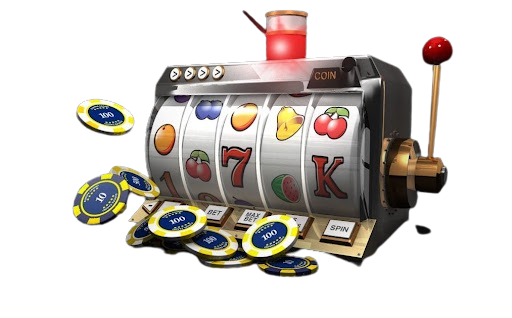Introduction:
Games have been an integral part of human civilization since time immemorial. From ancient board games like Senet and Go to modern video games like Fortnite and Minecraft, the evolution of games reflects the changing dynamics of society, technology, and culture. Today, games are not merely a form of entertainment but a multifaceted phenomenon influencing education, social interaction, and even the economy. In this article, we delve into the diverse landscape of games, exploring their history, impact, and potential for the future.
The Evolution of Games:
The history of games dates back thousands of years, with archaeological ASTONSLOT evidence suggesting that early civilizations engaged in various forms of gaming. Ancient Mesopotamians played the Royal Game of Ur around 2500 BCE, while the Chinese developed the strategic game of Go around 500 BCE. Board games remained popular throughout history, with classics like Chess emerging in the medieval era.
The advent of technology in the 20th century revolutionized the gaming landscape. The invention of the electronic computer paved the way for digital games, starting with simple programs like Spacewar! in the 1960s. The arcade boom of the 1970s and 1980s introduced iconic titles such as Pac-Man and Space Invaders, captivating a global audience. The rise of home consoles like the Atari 2600 and the Nintendo Entertainment System (NES) further propelled gaming into mainstream culture.
The 21st century witnessed the emergence of online gaming and mobile platforms, enabling unprecedented connectivity and accessibility. Massively Multiplayer Online Games (MMOs) like World of Warcraft and social phenomena like Pokémon GO reshaped how people interact with games and each other. The indie game revolution empowered small developers to create innovative titles, leading to a renaissance of creativity within the industry.
Impact on Society:
Games have transcended their role as mere entertainment and have become influential in various aspects of society. In education, gamification techniques are employed to make learning more engaging and effective. Educational games teach subjects ranging from mathematics to history, fostering critical thinking and problem-solving skills in students of all ages.
Socially, games serve as platforms for communication and collaboration. Online multiplayer games enable players to form communities, forge friendships, and even find romantic partners. Esports, competitive gaming events watched by millions worldwide, have turned professional gamers into celebrities and lucrative careers.
Moreover, games have economic implications, with the global video game industry generating billions in revenue annually. From game development and publishing to merchandise and esports tournaments, the gaming ecosystem fuels innovation and drives economic growth.
The Future of Gaming:
As technology continues to advance, the future of gaming holds limitless possibilities. Virtual Reality (VR) and Augmented Reality (AR) technologies promise immersive gaming experiences beyond anything previously imagined. Artificial Intelligence (AI) will revolutionize game design, creating dynamic worlds tailored to individual players’ preferences and behaviors.
Furthermore, the democratization of game development tools empowers anyone with a creative vision to bring their ideas to life. User-generated content and player-driven narratives will redefine the relationship between developers and players, blurring the lines between creator and consumer.
However, with great power comes great responsibility. As games become more pervasive in society, ethical considerations regarding issues such as addiction, inclusivity, and representation must be addressed. Striking a balance between innovation and responsibility will be crucial in shaping a future where games continue to enrich lives while minimizing potential harm.
Conclusion:
Games have come a long way from their humble origins, evolving into a global phenomenon with far-reaching impacts on society. From ancient pastimes to cutting-edge virtual realities, the journey of games reflects humanity’s constant quest for creativity, connection, and expression. As we embark on the next chapter of gaming history, let us embrace the possibilities that lie ahead while remaining mindful of the responsibilities that come with shaping the future of play.